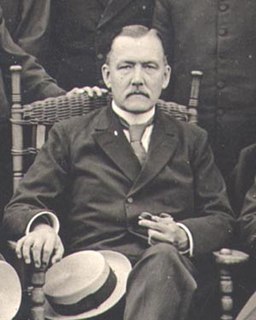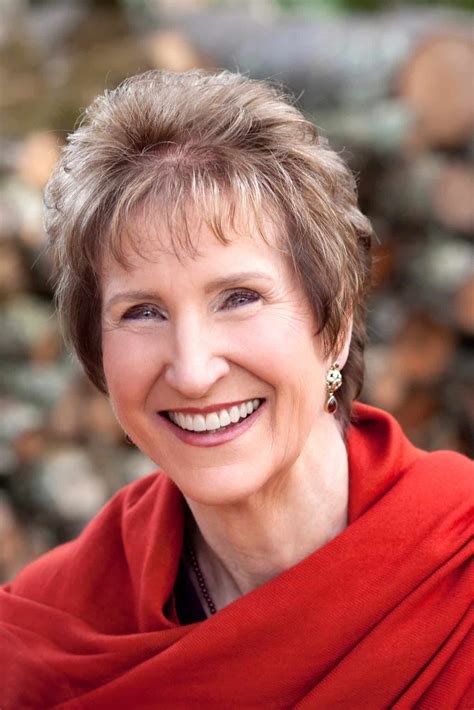A Quote by Robert Dick Wilson
I may add that the result of my 45 years of study of the Bible has led me all the time to a firmer faith that in the Old Testament, we have a true historical account of the history of the Israelite people.
Related Quotes
There are dozens of writings outside of the Bible that verify the historical accuracy of many of the names of people, places, and events mentioned in the Bible. In fact, external sources verify that at least eighty persons mentioned in the Bible were actual historical figures. Fifty people from the Old Testament, and thirty people from the New Testament.
What I mean by context is worldview - having the ancient Israelite or first-century Jew in your head as you read. How would an ancient Israelite or first-century Jew read the Bible - what would they be thinking in terms of its meaning? The truth is that if we put one of those people into a small group Bible study and asked them what they thought about a given passage meant, their answer would be quite a bit different in many cases than anything the average Christian would think. They belonged to the world that produced the Bible, which is the context the Bible needs to be understood by.
[ My mother] went, OK, I've read the Bible. I've read the Bible again. I'm reading the Bible again. OK, let me - where does this Bible come from? What does this Old Testament speak - who are the Israelites? Who - what is Judaism? And then she went, and I'm going to study that. And, you know, she wanted to almost get to the core.
Faith, as the Bible teaches it, is faith in God coming against everything that contradicts Him- a faith that says, “I will remain true to God’s character whatever He may do.” The highest and the greatest expression of faith in the whole Bible is- “Though He slay me, yet will I trust Him” (Job 13:15).
We are sometimes told that we are not a biblical church. We are a biblical church. This wonderful testament of the Old World, this great and good Holy Bible is one of our standard works. We teach from it. We bear testimony of it. We read from it. It strengthens our testimony. And we add to that this great second witness, the Book of Mormon, the testament of the New World, for as the Bible says, "In the mouth of two or three witnesses shall [all things] be established" (2 Cor. 13:1).
The Bible is an ancient text from an ancient context. We live thousands of miles and thousands of years away from that context, which also represents different cultures. Archaeology is a modern means of revealing both the lost record of the ancient world, and the historical and social world of the Bible. While the purpose of archaeology is not to prove the historicity of the people and events recorded in Scripture, it can help immeasurably to confirm the historical reality and accuracy of the Bible and to demonstrate that faith has a factual foundation.
We go from Malachi to Matthew in one page of our scriptures, but that one piece of paper that separates the Old Testament from the New Testament represents 400 years of history - 400 years where there wasn't a prophet, 400 years where God's voice wasn't heard. And that silence was broken with the cry of a baby on Christmas night.
Protestants and Catholics have historically disagreed on the canon of the Old Testament but agreed on the canon of the New Testament. Christians throughout history have at times been imprisoned and even martyred for keeping books of the Bible or whole Bibles when told to surrender them to political authorities.
For many people during many centuries, mankind's history before the coming of Christianity was the history of the Jews and what they recounted of the history of others. Both were written down in the books called the Old Testament, [the Torah] the sacred writings of the Jewish people ... They were the first to arrive at an abstract notion of God and to forbid his representation by images. No other people has produced a greater historical impact from such comparatively insignificant origins and resources.
For everything is history: What was said yesterday is history, what was said a minute ago is history. But, above all, one is led to misjudge the present, because only the study of historical development permits the weighing and evaluation of the interrelationships among the components of the present-day society.

































